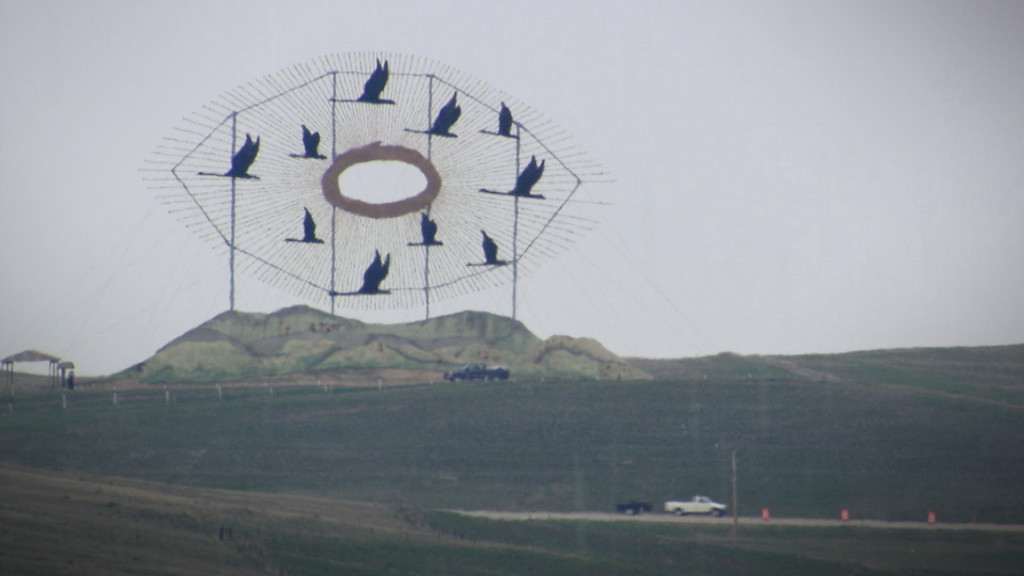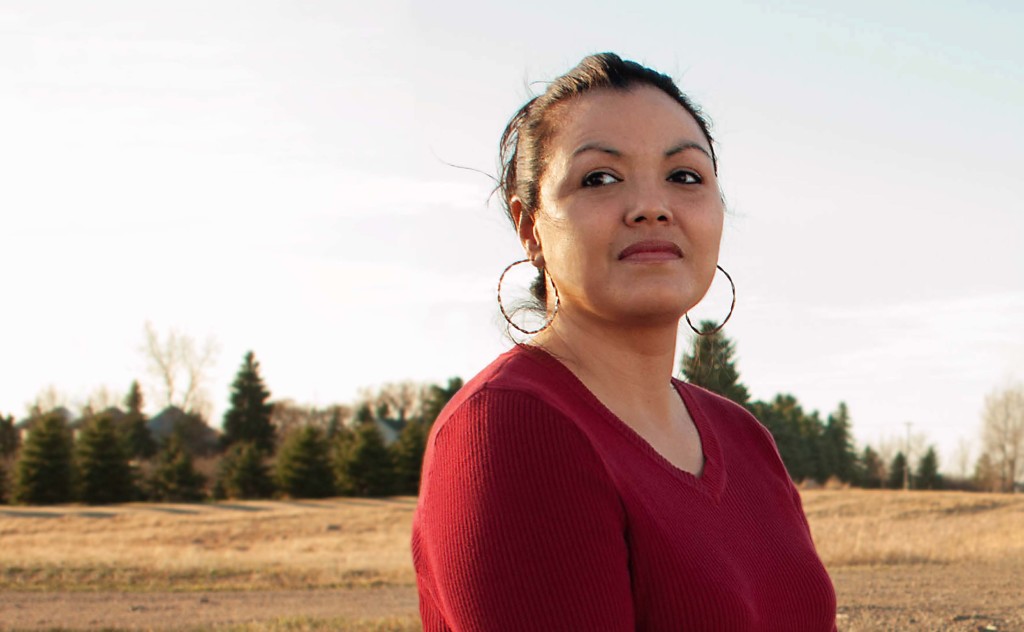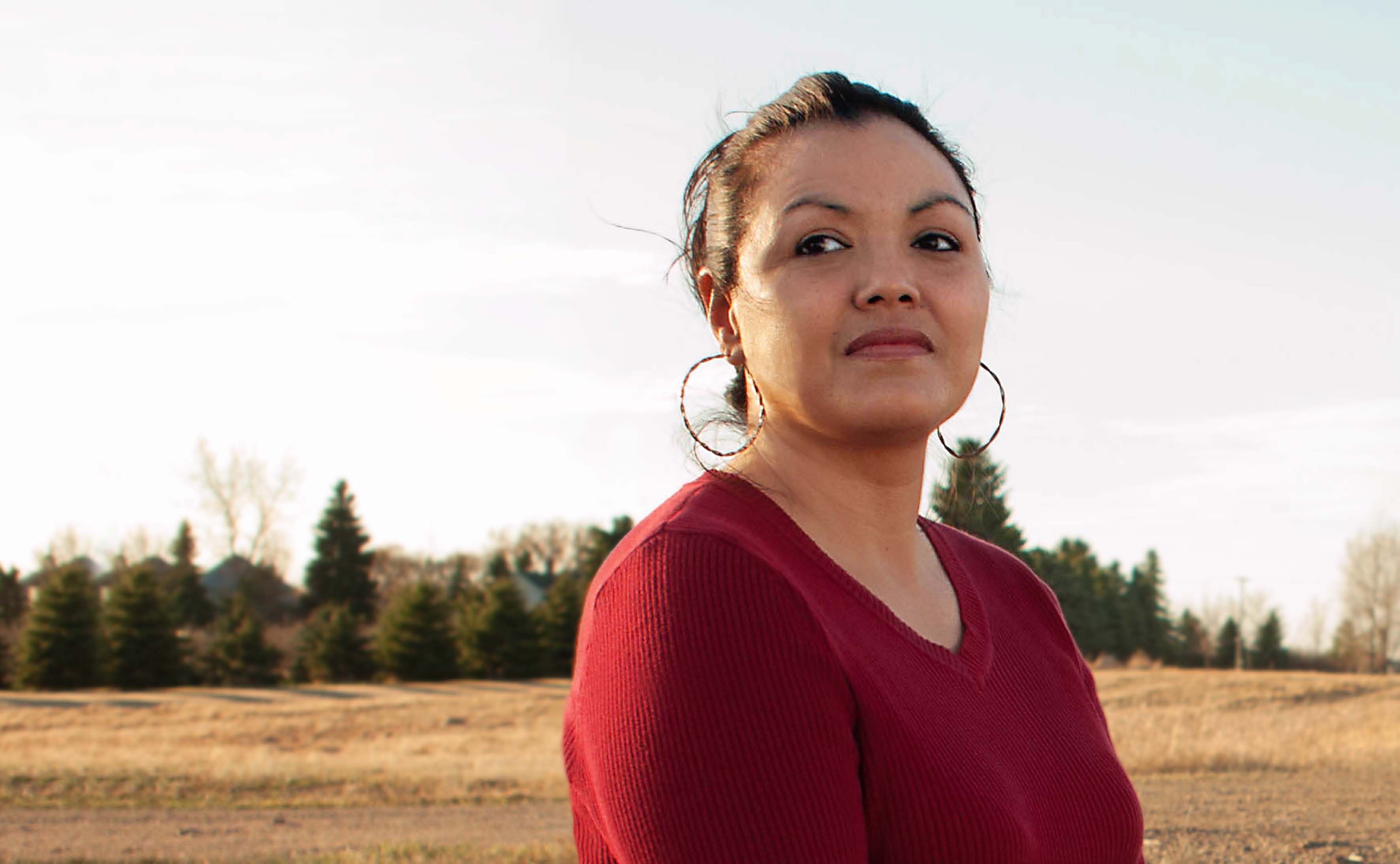What Happened on the Spirit Lake Reservation

April 1, 2013
Share
The struggles that Robin Poor Bear, formerly Charboneau, endures in Kind Hearted Woman are unfortunately too common for many Native Americans living on reservations today.
After centuries of oppression, life in Indian Country is often bleak. Native Americans on reservations have some of the worst levels of poverty and unemployment in America: Only 50 percent of adults have jobs, and per-capita income is only about half of the U.S. level, according to federal data (pdf). Native Americans reported the highest rate of substance abuse or dependence, at 16 percent, nearly double that for whites. Crime persists, but most tribes don’t have the capacity or legal right to prosecute major offenders.
Over time, a culture of impunity has sunk in on many reservations. An estimated 46 percent of Native American women have been abused by a partner, according to a 2010 government survey (pdf). Native American children have the second-highest rate of abuse nationwide, according to government data (pdf). The federal government, which has jurisdiction over most felonies that occur on reservations, only prosecutes about half the cases it receives. For the rest, there’s often no justice.
Some tribes have effective justice systems, and have worked with the federal government to further strengthen their sovereignty and crack down on offenders. A new provision in the Violence Against Women Act, for example, will help some tribes prosecute non-Native abusers in a few years.
But the Spirit Lake reservation, home to Robin Poor Bear and a community of some 6,600 people living in poverty on a remote stretch of land in northeastern North Dakota, continues to struggle. The problem of child abuse at Spirit Lake has been particularly troubling.
Spirit Lake has been under scrutiny since last April, when a federal employee wrote a letter of “grave concern” about the child-welfare program on the reservation, which is responsible for reporting cases of abuse and neglect, and placing children in safe homes.
“I believe that the children of the Spirit Lake Reservation are not safe due to unchecked incompetence” of the tribe’s social services agency, wrote Michael Tilus, who worked as a behavioral health director on the reservation. (Read his full letter here [pdf].) Tilus said that several children in foster care had been returned to unsafe homes at the direction of Spirit Lake’s Tribal Social Services, where they faced physical and sexual abuse. Multiple abuse reports were ignored. At the time, one of the tribe’s caseworkers had herself been convicted of child abuse.
Tilus’ letter was leaked to the press and was followed by 13 additional reports from another federal whistleblower, who detailed specific incidents of children being placed in homes with registered sex offenders or left in abusive households. No one was being held accountable. Those who complained about the system were threatened with having their children taken away.
In October, the Bureau of Indian Affairs, a federal agency, stepped in to take control of Tribal Social Services, officially at the request of the tribe. The Tribal Council, which governs Spirit Lake, explained the decision, saying it didn’t have the funds to combat problems with the child-welfare agency on the reservation.
What’s changed since then? Residents at Spirit Lake have complained the government and the tribe haven’t done enough.
But the BIA has said that it’s hiring new employees and investigating allegations of abuse. Last week, the tribe’s own court convicted a man in an abuse case that one of the federal whistleblowers had flagged. The case was seen as a small step towards addressing a problem that has festered unchecked for years.

Related Documentaries
Latest Documentaries
Related Stories
Related Stories
Explore
Policies
Teacher Center
Funding for FRONTLINE is provided through the support of PBS viewers and by the Corporation for Public Broadcasting, with major support from Ford Foundation. Additional funding is provided the Abrams Foundation, Park Foundation, John D. and Catherine T. MacArthur Foundation, Heising-Simons Foundation, and the FRONTLINE Trust, with major support from Jon and Jo Ann Hagler on behalf of the Jon L. Hagler Foundation, and additional support from Koo and Patricia Yuen. FRONTLINE is a registered trademark of WGBH Educational Foundation. Web Site Copyright ©1995-2025 WGBH Educational Foundation. PBS is a 501(c)(3) not-for-profit organization.





















